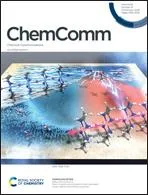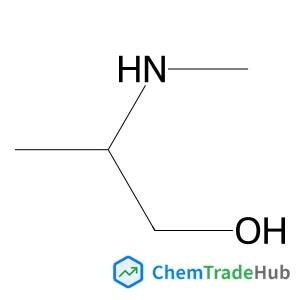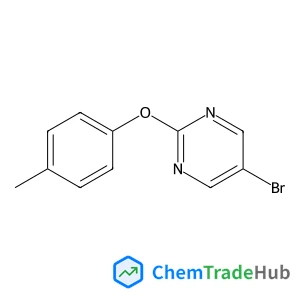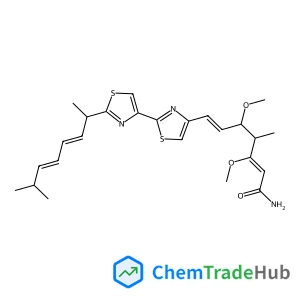An aminophosphonate ester ligand-containing platinum(ii) complex induces potent immunogenic cell death in vitro and elicits effective anti-tumour immune responses in vivo
文献情報
Ke-Bin Huang, Feng-Yang Wang, Hai-Wen Feng, Hejiang Luo, Yan Long, Albert S. C. Chan, Rong Liu, Huahong Zou, Zhen-Feng Chen, Yan-Cheng Liu, You-Nian Liu, Hong Liang
A platinum(II) complex containing an aminophosphonate ligand preferentially accumulates in the endoplamic reticulum (ER) in association with potent ER stress and reactive oxygen species generation, followed by the activation of damage-associated molecular pattern signals and immune responses. Importantly, the Pt complex exhibits potent anti-tumour activities in two independent mouse models via an immunogenic cell death pathway.
関連文献
IF 6.367
Co9S8 integrated into nitrogen/sulfur dual-doped carbon nanofibers as an efficient oxygen bifunctional electrocatalyst for Zn–air batteriesIF 6.367
Biomaterials Science Emerging Investigators 2021IF 6.843
Solventless thermal crosslinked polymer protective layer for high stable lithium metal batteriesIF 6.367
Recent developments in carbon nitride based films for photoelectrochemical water splittingIF 6.367
Enhanced power performance of an in situ sediment microbial fuel cell with steel-slag as the redox catalyst: I. electricity generationIF 6.367
Non-aqueous neptunium and plutonium redox behaviour in THF – access to a rare Np(iii) synthetic precursorIF 6.222
Carbon and carbon composites obtained using deep eutectic solvents and aqueous dilutions thereofIF 6.222
Tessellation strategy for the interfacial synthesis of an anthracene-based 2D polymer via [4+4]-photocycloadditionIF 6.222
Inside back coverIF 6.222
掲載誌
Chemical Communications

ChemComm publishes urgent research which is of outstanding significance and interest to experts in the field, while also appealing to the journal’s broad chemistry readership. Our communication format is ideally suited to short, urgent studies that are of such importance that they require accelerated publication. Our scope covers all topics in chemistry, and research at the interface of chemistry and other disciplines (such as materials science, nanoscience, physics, engineering and biology) where there is a significant novelty in the chemistry aspects. Major topic areas covered include: Analytical Chemistry Catalysis Chemical Biology and medicinal chemistry Computational Chemistry and Machine Learning Energy and sustainable chemistry Environmental Chemistry Green Chemistry Inorganic Chemistry Materials Chemistry Nanoscience Organic Chemistry Physical Chemistry Polymer Chemistry Supramolecular Chemistry
おすすめサプライヤー
 湖北強興化工有限公司
湖北強興化工有限公司 北京金源化学グループ有限公司
北京金源化学グループ有限公司 Luigs & Neumann Feinmechanik und Elektrotechnik GmbH
Luigs & Neumann Feinmechanik und Elektrotechnik GmbH Estates City Bangcheng Chemical Co., Ltd.
Estates City Bangcheng Chemical Co., Ltd. A-TEC工業株式会社
A-TEC工業株式会社 mentec GmbH
mentec GmbH 广州観泓生物科技有限公司
广州観泓生物科技有限公司 东莞市コレイダ化学科技有限公司
东莞市コレイダ化学科技有限公司 上海菱晓貿易有限公司
上海菱晓貿易有限公司 南京イプイーダ科学技術発展有限公司
南京イプイーダ科学技術発展有限公司













![25553-77-9 - 1-[2-(1,3-Dioxolan-2-yl)ethyl]piperazine 25553-77-9 - 1-[2-(1,3-Dioxolan-2-yl)ethyl]piperazine](/structs/255/25553-77-9-5274.webp)
